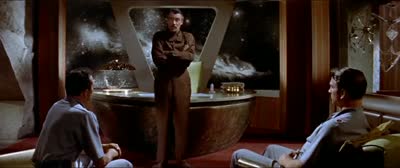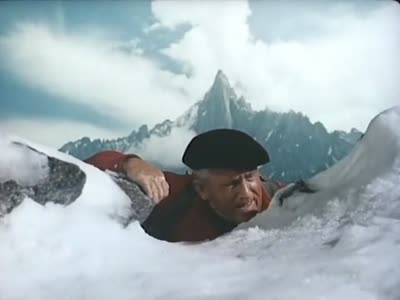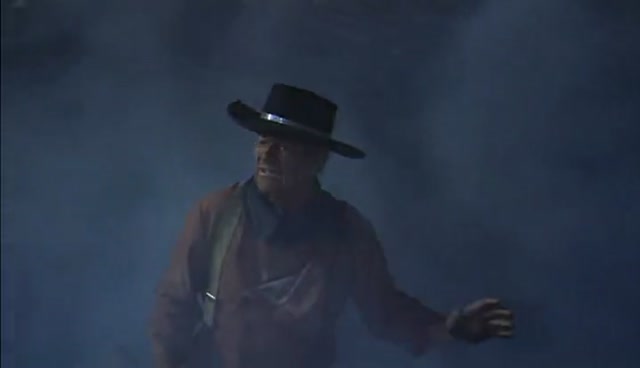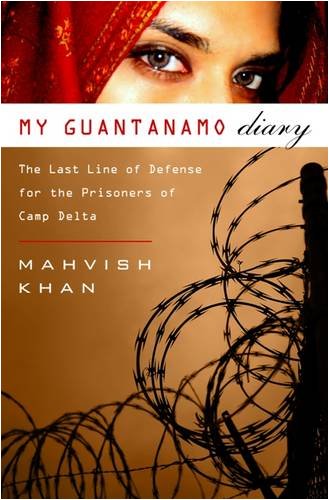Over-Exposed (1956, USA)
I’m not saying it’s okay that Cleo Moore has to be exceptionally talented, hard-working, wise to the sneaky ways of men, and also ruthless, in order to make a career as a woman photographer, but it’s certainly more inspirational than the idea that equal opportunity should apply to mediocrities as well. Watched it all. It’s only a moderately good movie, one of those pseudo-feminist movies Hollywood has been making since the 30s about successful career women who, on second thought, decide in the end that she’s better off marrying that whiny boyfriend who resents her ambition than with making lots and lots of money at the top of her profession. Ambition almost kills her. How convenient!
Who Done It (1956, UK)
Benny Hill looked sleazy even back in 1956. There’s just something about his face. Watched: 10 minutes.
Forbidden Planet (1956, USA)
Leslie Nielsen lands on a planet that hasn’t been informed that Freudianism has been discredited back on Earth, and thus triggers a planet-scale sex and violence-related neurotic breakdown. Watched it several times before, and again now. It’s perfect. The least interesting thing you can say about this movie is that it has a bit of The Tempest in it. As if the reason this movie is good is that it features a father and a daughter who lives in isolation, and not, you know, the actual story itself, which is completely different.









